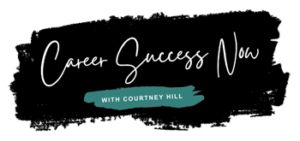Maximizing Your Impact: The Crucial Steps of Cover Letter Development
Master the art of cover letter development for maximum impact! Expert tips, step-by-step guidance, and professional strategies.
Job Search Training: Accelerating Your Journey to Professional Success
Unlock professional success with job search training! Accelerate your journey with expert guidance and master the art of networking, interviews, and more.
Securing Your Future: Essential Layoff Support for a Smooth Transition
Smoothly navigate layoffs with essential layoff support services. Gain career counseling, resume writing, and emotional support for a successful transition.
Unlocking New Opportunities: How an Outplacement Agency Can Propel Your Career
Unlock new career opportunities with an outplacement agency. Let us propel your career to greater heights with expert guidance and support.
Guiding You to Success: Effective Outplacement Support Solutions
Unlock your career potential with effective outplacement support. Gain coaching, tools, and emotional well-being for successful transitions.
Confidence Booster: How Mock Interviews Prepare You for Success
Unlock success with mock interviews! Build confidence, identify strengths, and ace your next job interview with expert guidance.
Compassionate Guidance in Career Transitions: Outplacement Help
Discover compassionate guidance in career transitions with expert outplacement help. Find support, resume writing, and job search strategies!
Navigating Career Transitions: Unlocking the Benefits of Executive Outplacement
Unlock your career potential with executive outplacement. Navigate transitions, build your brand, and maximize success.
Rebranding Your Career: The Power of Personal Branding
Unlock your career potential with personal branding. Discover the power of building an impactful brand for career rebranding.
Unlocking New Opportunities: The Power of Outplacement Services
Unlock new opportunities with expert outplacement services. Navigate career transitions, gain emotional support, and ace interviews.
